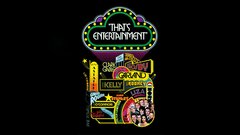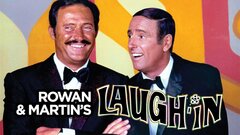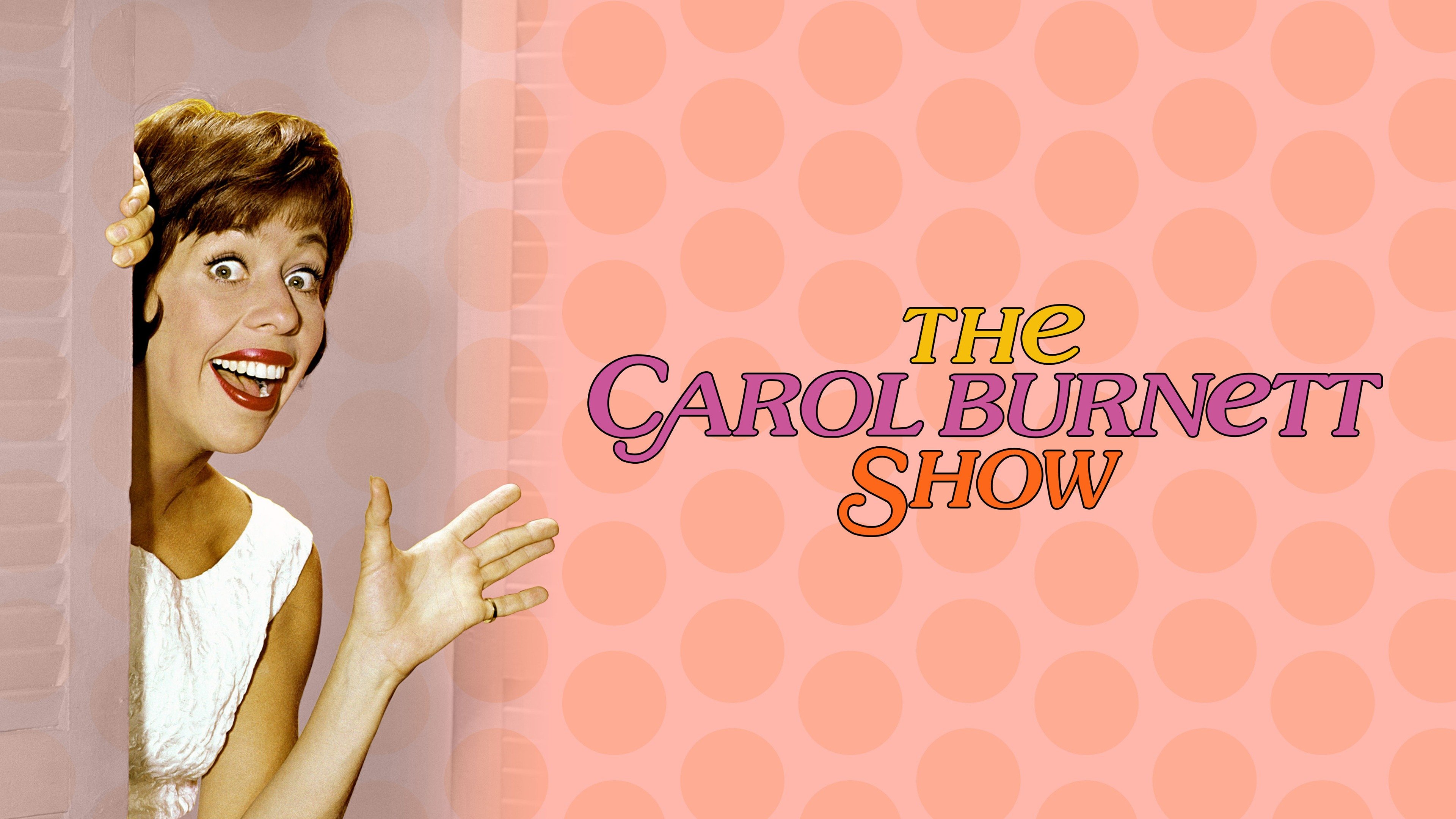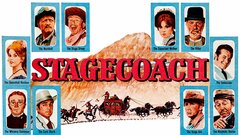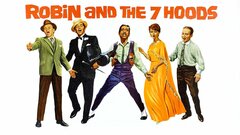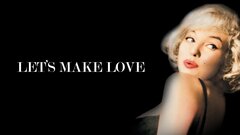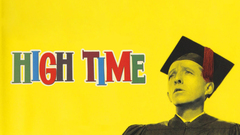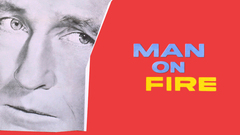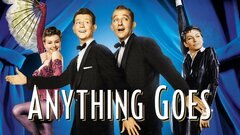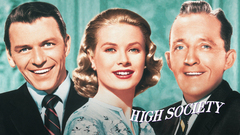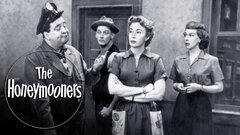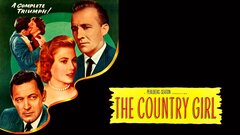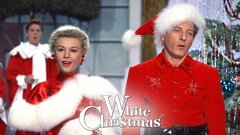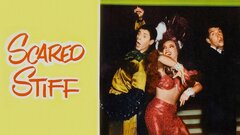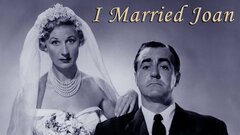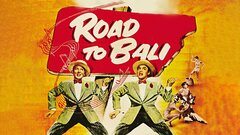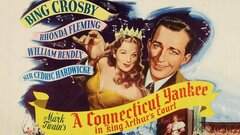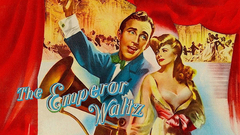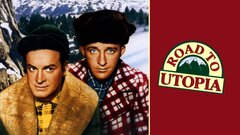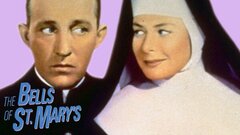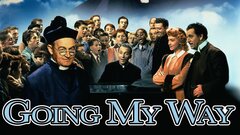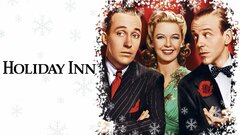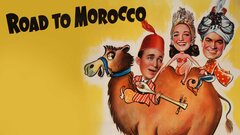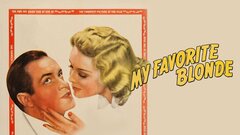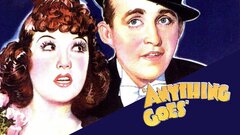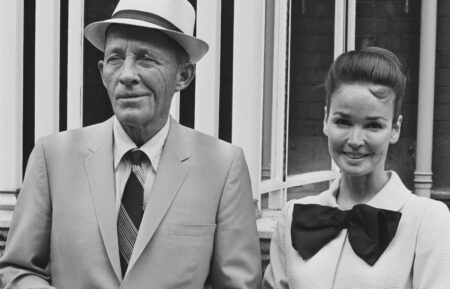With his remarkably smooth and velvety baritone voice, Bing Crosby rose from obscurity to become the most popular singer in the world, dominating the record and singles charts for a 20-year stretch and enjoying a more than respectable popularity for the rest of his life. He also became an extremely successful actor, appearing in 70+ films, and charmed moviegoers everywhere with his relaxed performing style.
Following a string of early hit singles, Crosby was recruited by Paramount Pictures and enjoyed a long-time partnership with Bob Hope on the highly popular series of "Road" movies, which served up endearing cocktails of humor and song. He was also highly impressive in many of his solo efforts, most notably "Going My Way" (1944), for which Crosby won the Best Actor Academy Award, "A Connecticut Yankee in King Arthur's Court" (1949) and "The Country Girl" (1954). Crosby's reign as one of the leading pop culture figures in America was dampened somewhat by the rise of rock-n-roll, but he maintained a huge fanbase and songs like "White Christmas," "I'll Be Seeing You" and "Swinging on a Star" were unmistakably his. Crosby's success across multiple mediums was truly remarkable and he was arguably the leading entertainment figure of the 20th century.
One of seven children, Harry Lillis Crosby was born on May 3, 1903 in Tacoma, WA. He earned the nickname "Bing" while a student at Webster School in Spokane, due to his enthusiasm for The Bingville Bugle, a weekly satirical newspaper supplement. A graduate of the Jesuit-run Gonzaga High School, Crosby played in the school band and worked numerous odd jobs to make ends meet. During his time as a student at Gonzaga University, where he excelled at diction and debating, Crosby became part of a six-piece combo called The Musicaladers, which eventually began landing paid gigs. It was hoped that Crosby would become a lawyer, but by now, the youth was convinced showbiz lay in his future.
Making his way out to Los Angeles with fellow Musicalader Al Rinker, the pair were enlisted to perform at The Boulevard Theater and eventually played other venues. They then became part of The Morrissey Music Hall Revue and were put under contract by top jazz bandleader Paul Whiteman. With singer-songwriter Harry Barris joining them, Crosby and Rinker became The Rhythm Boys; Crosby handled the solos and recorded his first song "Muddy Water" in 1927. In addition to touring for Whiteman, the trio also appeared in the movies, "King of Jazz" (1930), "Two Plus Fours" (1930) and "Confessions of a Co-Ed" (1931).
Around this time, he married fellow singer Dixie Lee; the couple would have four sons together. The group split from Whiteman and enjoyed a spectacularly successful run at The Coconut Grove in Los Angeles, which grabbed Hollywood's attention. The group eventually broke up, allegedly due, in part, to Crosby's drinking, which had previously resulted in a drunk-driving arrest. Now on his own, Crosby enjoyed one hit single after another.
Boasting a unique voice that stood out from the preponderance of tenors during that era, Crosby was among the first performers to use microphones to their best advantage for both projection and subtlety in his voice, something he picked up from working in radio, a medium on which he had quickly become popular following his 1931 debut. Crosby became friends with several major singers, including Louis Armstrong, whose voice he deeply admired, and on more than one occasion, he indulged in some marijuana with Armstrong, a recreational practice that was still permissible at the time. Strangely, considering his late-in-life image as a square, Crosby would advocate for the legalization of pot throughout his life.
He went on to score his first film lead role essentially playing himself in "The Big Broadcast" (1932), which was a major success, and he alternated between features and a half dozen two-reel musical shorts for Paramount Pictures, working almost exclusively for that studio during the next 20-something years.
While they showcased Crosby's superb voice, most of his movies during this decade were pleasant but unremarkable, save for "Anything Goes" (1936), which paired him with powerhouse Ethel Merman, "Pennies from Heaven" (1936) and "Sing You Sinners" (1938). The most interesting aspect of these early pictures was how Crosby's persona differed so greatly from how he would be remembered by future generations; although he often played drunks onscreen during this time, Crosby had put the reins on his personal excesses and maintained a very regimented and work-oriented lifestyle. The 1940s saw Crosby's movie career really take off, beginning with finding himself one-half of a particularly beloved comic partnership that would endure for the rest of his life.
"Road to Singapore" (1940), the first of six "Road" comedies Crosby made with comic Bob Hope, cemented his warm, relaxed style of performing, which made for a wonderful contrast with Hope's more scheming and animated persona. In between the numerous tours on which he entertained U.S. military troops and frequent trips to recording studios, Crosby continued to resonate with moviegoers and the "Road" pictures - which also often starred "Sarong Girl" Dorothy Lamour - were guaranteed moneymakers.
"Holiday Inn" (1942) introduced Crosby's biggest hit, "White Christmas" and paired the world's premier crooner with Fred Astaire, its premier hoofer. "Going My Way" (1944) netted Crosby a Best Actor Academy Award for his performance as young Catholic priest sent to take over a financially troubled parish and ease a cantankerous older father (Barry Fitzgerald) out the door. Crosby and Fitzgerald proved to have wonderful chemistry and the film was a major success, winning six other Oscars, including Best Picture, and resulting in a sequel, "The Bells of St. Mary's" (1945), the following year. The year 1945 also found him establishing Bing Crosby Productions, with the company's first effort being the drama "The Great John L." (1945). While never a hugely lucrative enterprise for Crosby, BCP would later be responsible for a handful of highly successful movies and TV series. He also founded The Crosby Research Foundation, which was instrumental in the development of audio tape as a way of recording his radio programs for rebroadcast, rather than having to stage them a second time; Crosby's Oct. 4th, 1947 show was the very first to be pre-recorded. The company also originated other technical practices that would become industry standards, including the audience laugh track for situation comedies on television.
Paramount did its best to recreate the "Going My Way" magic by re-teaming Crosby and Fitzgerald as doctors in "Welcome Stranger" (1947), and also in "Variety Girl" (1947) and "Top o' the Morning" (1949), but Crosby's best film during this period was "A Connecticut Yankee in King Arthur's Court" (1949), a lively and amusing adaptation of Mark Twain's novel. A personality poll taken in America during the 1940s ranked Crosby as the most popular person, finishing ahead of even General Dwight D. Eisenhower, President Harry Truman and the Pope.
Long plagued by battles with the bottle, Crosby's wife Dixie Lee died in 1952 of ovarian cancer at the young age of 40. His cinematic output slowed a bit that decade, but Crosby still appeared in a number of gems, including Frank Capra's "Riding High" (1950) and the hugely successful "White Christmas" (1954), with its titular song becoming his all-time best seller. He teamed with Grace Kelly for "The Country Girl" (1954), which was noteworthy in the way that it allowed Crosby to display his dramatic credentials, playing a singer who devolves into a hopeless alcoholic following a family tragedy. The two began seeing each other off-screen during that time and were reunited for "High Society" (1956), in which Crosby was joined by America's other favorite crooner, Frank Sinatra.
After splitting from the much younger Kelly - who already had more than her fair share of famous suitors - Crosby wed Kathryn Grant, a pretty Columbia Pictures contract player who was over 30 years his junior. The couple would have three more children, including Mary Crosby, the only girl among Crosby's seven offspring, who would go on to be a successful actress, famous for shooting J.R. on "Dallas" (CBS, 1978-1991).
In the 1960s, Bing Crosby Productions scored two big television successes, first with the legal drama "Ben Casey" (ABC, 1961-66) and a few years later, the World War II comedy "Hogan's Heroes" (CBS, 1965-1971), while Crosby served as a regular guest host on the popular ABC series, "Hollywood Palace" (1964-1970). His film career came to a close with some fairly unremarkable vehicles, save for the Rat Pack caper comedy "Robin and the Seven Hoods" (1964).
His film career came to a close with some fairly unremarkable vehicles, save for the Rat Pack caper comedy "Robin and the Seven Hoods" (1964), leaving him plenty of free time to play golf. Crosby's last theatrical feature was a poorly received remake of "Stagecoach" (1966), but he made a rather grand exit as an actor via an uncharacteristically dark and dramatic turn as the villain of the made-for-TV feature, "Dr. Cook's Garden" (ABC, 1971). Meanwhile, Bing Crosby Productions was ramping up its film productions for both theaters and television, and had a big hit with the horror film "Willard" (1971), which inspired the sequel, "Ben" (1972), the following year. The modestly budgeted crime drama "Walking Tall" (1973) also proved to be a major success, with two follow-ups of its own. The remainder of BCP's films were also-ran "B" titles like "Terror in the Wax Museum" (1973) and "Mean Dog Blues" (1978), though its final production, "The Great Santini" (1979) was among the most critically acclaimed pictures of the year.
In 1974, Crosby developed a serious lung infection that required several months of recovery time. However, he was soon back recording and even went on tour, giving his first performances before paying audiences in decades. Golf was the great love of Crosby's life; ironically, he died of a heart attack on Oct. 14, 1977, right after finishing 18 holes on a course outside of Madrid, Spain. His special, "Bing Crosby's Merrie Olde Christmas" (CBS, 1977) aired six weeks after his death. Filmed in Britain, the program included David Bowie among its guests and while in that country, Crosby did a concert tour with all proceeds going to local charities.
Plans had just been finalized to reunite Crosby, Hope and Lamour for one more "Road" picture, "The Road to the Fountain of Youth," which would have been the eighth in the series and the first in 15 years. Crosby's family experienced a number of trials and tribulations following his death. The actor's eldest son, Gary, wrote the 1983 book Going My Own Way in which he greatly criticized his father for violent, abusive behaviour, with the publication drawing comparisons to Mommie Dearest, Christina Crawford's tell-all about her adopted mother Joan Crawford published five years earlier. Son Phillip disputed Gary's account of their father and vehemently denounced his older brother's book; Gary would admit in later years to exaggerating the severity of certain incidents. Two other Crosby sons, Lindsay and Dennis, committed suicide in December 1989 and May 1991, respectively. Both were long-term victims of depression and alcohol abuse, and both used firearms to kill themselves. Regardless of the tragedy surrounding his life, Crosby's legacy as one of the most popular entertainers of the 20th century was well assured.
By John Charles
























